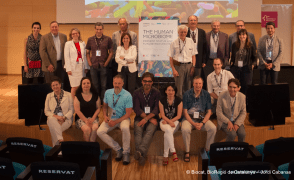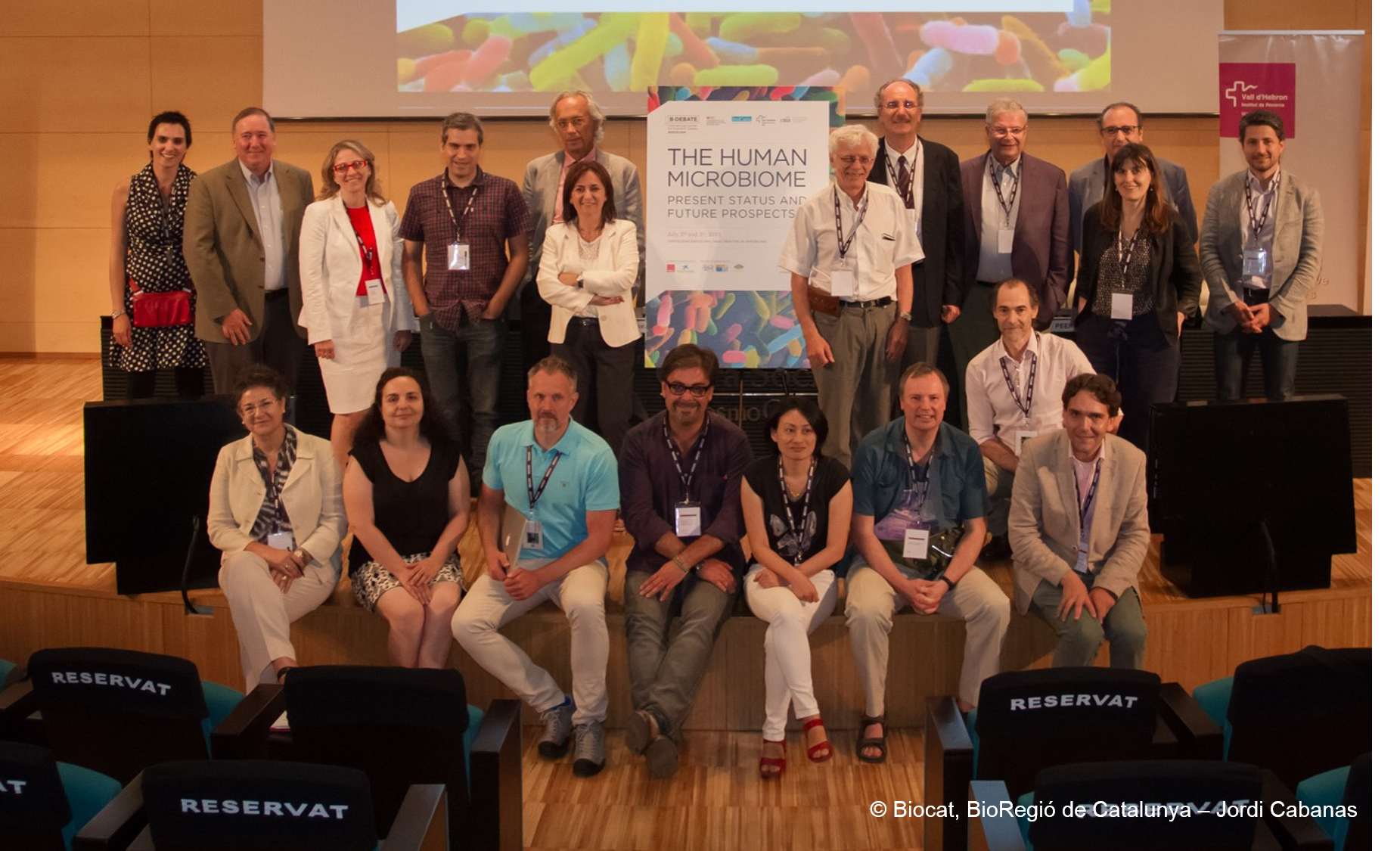Lack of microbial diversity is a risk factor for chronic diseases

 Research on human microbiome is the new paradigm for prevention and management of chronic disease. According to experts meeting at the B.Debate (International Center for Scientific Debate), at Cosmocaixa, the lack of microbial diversity is a risk factor for developing specific diseases such as type 2 diabetes, cancer and obesity. This is an initiative by Biocat and "la Caixa" Foundation. The IrsiCaixa AIDS Research Institute, the Vall D'Hebron Institute of Research (VHIR), the University of Vic - Central University of Catalonia and the Spanish National Cancer Research Centre (CNIO) are also collaborating institutions.
Research on human microbiome is the new paradigm for prevention and management of chronic disease. According to experts meeting at the B.Debate (International Center for Scientific Debate), at Cosmocaixa, the lack of microbial diversity is a risk factor for developing specific diseases such as type 2 diabetes, cancer and obesity. This is an initiative by Biocat and "la Caixa" Foundation. The IrsiCaixa AIDS Research Institute, the Vall D'Hebron Institute of Research (VHIR), the University of Vic - Central University of Catalonia and the Spanish National Cancer Research Centre (CNIO) are also collaborating institutions.
There are 10 bacteria for each cell of our body, which represents a very important part in terms of health and disease. These organisms even affect in disease manifestation which until today was believed to depend entirely on the human genome. "People whose microbiome is metabolically more active and who have more genetic diversity are healthier people", points out Dr. Francisco Guarner, researcher and member of the group of the Physiology and Pathophysiology of the Digestive Tract group at VHIR.
Since the Second World War, the industrialized societies have developed a number of diseases that were not so common before such as type 2 diabetes, hypertension and other cardiovascular disease, autism, obesity, colorectal cancer, etc. Loss of human microbiome diversity would explain reactions such as allergies or celiac disease which means that our body is reacting against bacteria we can find in the environment but not in our body regularly.
"Research on microbiome is facing a fascinating moment", noted Núria Malats, leader of the Genetic and Molecular Epidemiology group at the Spanish National Cancer Research Centre (CNIO). Malats, specialist in pancreatic cancer, believes that bacteria can also be useful to explain specific molecular mechanisms in cancer and that they can become the key to understand some cases of inheritance. "I hope that microbiome will determine risk populations and cancer prognostic markers", she concluded.
"The other genome"
The thing is that biomedical research has turned its attention to the possibility to analyze "the other genome" of the organisms that are living inside our body instead of only be interested in human DNA, just as Malu Calle, the group leader of the Bionformatics and Medical Statistics Group of the University of Vic – Central University of Catalonia, explained.
In the field of infectious diseases Bonaventura Clotet, Director of the IrsiCaixa AIDS Research Institute, highlighted that the efficacy of the therapeutic vaccine against HIV needs "a good microbiome to improve the patient's immune response". The study of the microbiome in people participating in the vaccine clinical trial starting in 2016 will be the key to achieve maximum optimization of its efficacy.
The fact that it would be possible to manipulate and alter the flora composition associated to diseases represents a new paradigm for novel noninvasive therapies such as specific diets, use of prebiotics and probiotics as well as microbiome transplantation.
This B.Debate is the first step for Catalonia to become an international hub for microbiome research.